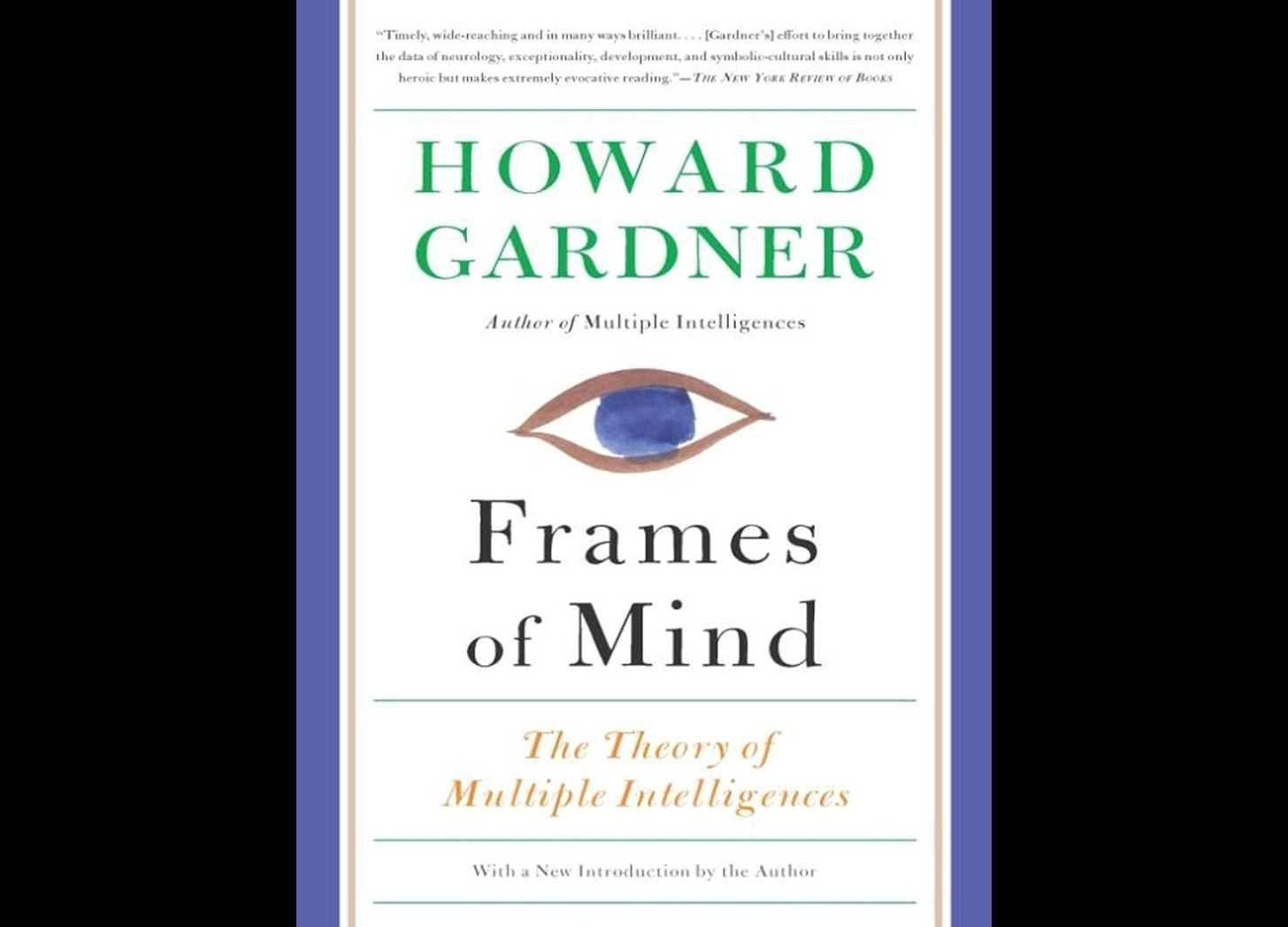Book Byte #179 "Frames of Mind" by Howard Gardner
The Theory of Multiple Intelligences
📣 Curious Quotes from the Author
“An intelligence is the ability to solve problems, or to create products, that are valued within one or more cultural settings—a definition that says nothing about either the sources of these abilities or the proper means of “testing” them.”
“Only if we expand and reformulate our view of what counts as human intellect will we be able to devise more appropriate ways of assessing it and more effective ways of educating it.”
“I was claiming that all human beings possess not just a single intelligence (often called by psychologists “g” for general intelligence). Rather, as a species, we human beings are better described as having a set of relatively autonomous intelligences.”
“I want my children to understand the world, but not just because the world is fascinating and the human mind is curious. I want them to understand it so that they will be positioned to make it a better place”
“Stories are the single most powerful weapon in a leader’s arsenal”
“Perhaps, indeed, there are no truly universal ethics: or to put it more precisely, the ways in which ethical principles are interpreted will inevitably differ across cultures and eras. Yet, these differences arise chiefly at the margins. All known societies embrace the virtues of truthfulness, integrity, loyalty, fairness; none explicitly endorse falsehood, dishonesty, disloyalty, gross inequity.
“While we may continue to use the words smart and stupid, and while IQ tests may
persist for certain purposes, the monopolyof those who believe in a single general intelligence has come to an end. Brain scientists and geneticists are documenting the incredible differentiation of human capacities, computer programmers are creating systems that are intelligent in different ways, and educators are freshly acknowledging that their students have distinctive strengths and weaknesses.”
“Creativity begins with an affinity for something. It’s like falling in love.”
“Part of the maturity of the sciences is an appreciation of which questions are best left to other disciplinary approaches.”
“When Einstein had thought through a problem, he always found it necessary to formulate this subject in as many different ways as possible and to present it so that it would be comprehensible to people accustomed to different modes of thought and with different educational preparations.”
“It is important for leaders to know their stories; to get them straight; to communicate them effectively, particularly to those who are in the thrall of rival stories; and, above all, to embody in their lives the stories that they tell.”
“Discover your difference—the asynchrony with which you have been blessed or cursed—and make the most of it.”
“And Einstein stood out among natural scientists in his abiding curiosity about children's minds. He had once declared that we know all the physics that we will ever need to know by the age of three.”
“Einstein was remarkable for his powers of concentration; he could work uninterruptedly for hours and even days on the same problem. Some of the topics that interested him remained on his mind for decades. For relaxation he turned to music and to sailing, but often his work would continue during these moments as well; he usually had a notebook in his pocket so that he could jot down any idea that came to him. Once, after the theory of relativity had been put forth, he confessed to his colleague Wolfgang Pauli, "For the rest of my life I want to reflect on what light is." It is perhaps not entirely an accident that a focus on light is also the first visual act of the newborn child.”
“Few things in life are as enjoyable as when we concentrate on a difficult task, using all our skills, knowing what has to be done.”
📚 Cognition of the Book’s Big Idea
The widespread perception in contemporary Western culture is that intelligence is a universal quality that can be quantified and expressed as a single number. Nonetheless, strong evidence points to the existence of multiple distinct intelligences functioning in comparatively isolated neurobiological environments.
The author identifies these intelligences as linguistic, musical, spatial, bodily-kinesthetic, logical-mathematical, intrapersonal, and interpersonal. It might be possible to create new assessments that identify a child's intellectual strengths and limitations by researching and studying these intelligences more thoroughly. This would assist educators better support children's potential.
🤝Collaborative Insight for Techies
People are just innately better at different things. Some people couldn’t give a care in the world for something they don’t want to do. They don’t even need to try it first to know they want nothing to do with it.
With this frame of mind, we can put our sole effort into fixing the problems we want to fix, the one’s we have a vested interest in solving, and not one we’re not good at solving, we’d rather let somebody else who is actually interested in them to solve them.
If you’re not solving the problems you want to work on at work, or if you’ve solved the same problem over and over again with such efficiency that there’s not a single thing you can learn from doing it again, it may be time to move on to a new challenge.
My Software Stack: I use Skool for my Online Community Platform and ClickFunnels for my Landing Pages, Payments, and Email Sequencing. I use Substack for my Newsletter and Taskade for AI Note Taking/Second Brain/Project Management. I use my Personal Amazon Store for Tech and Book Recommendations.
Try out the "Think and Grow Rich Challenge" by Russell Brunson and Learn more about the First Self Help Author Napoleon Hill

